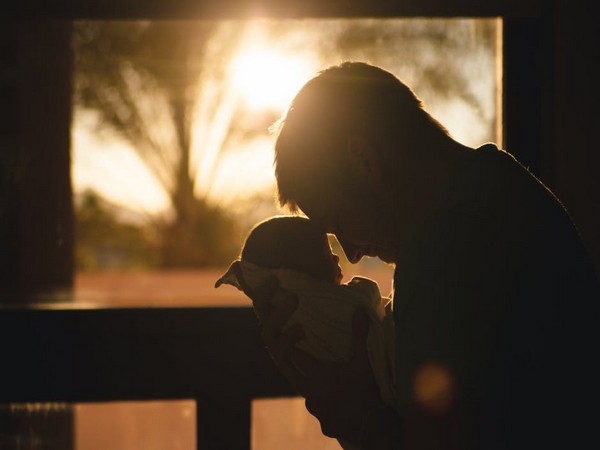Washington: Turns out, newborn babies’ brains function in a different way after experiencing stroke at the time of birth.
According to a new study, investigators found that a decade or two after a “perinatal” stroke damaged the left “language” side of the brain, affected teenagers and young adults used the right sides of their brain for language.
The Georgetown University Medical Center-study stated that a stroke in a baby – even a big one – does not have the same lasting impact as a stroke in an adult.
It’s not rare that a baby experiences a stroke around the time it is born. Birth is hard on the brain, as is the change in blood circulation from the mother to the neonate.
At least 1 in 4,000 babies are affected shortly before, during, or after birth.
The findings demonstrated how “plastic” brain function is in infants, says cognitive neuroscientist Elissa L. Newport.
Her study found that the 12 individuals studied, aged 12 to 25, who had a left-brain perinatal stroke all used the right side of their brains for language.
“Their language is good — normal,” Newport said.
The only telltale signs of prior damage to their brain were that some study individuals limp a bit and many had learned to make their left hands dominant because the stroke left their right hand’s function impaired.
They also had some executive function impairments – slightly slower neural processing, for example – that are common in individuals with brain injuries.
But basic cognitive functions, like language comprehension and production, are excellent, Newport said.
Furthermore, imaging studies revealed that language in these participants is all based on the right side in an exact, mirror opposite region to the left normal language areas.
This has also been found in previous research, but earlier findings have been inconsistent, perhaps due to the heterogeneity of the types of brain injuries included in those studies, Newport explained.
Her research, which was carefully controlled in terms of the types and areas of injury included, suggested that while “these young brains were very plastic, meaning they could relocate language to a healthy area, it doesn’t mean that new areas can be located willy-nilly on the right side”.
This finding makes sense in very young brains, Newport added. “Imaging shows that children up to about age four can process language in both sides of their brains, and then the functions split up: the left side processes sentences and the right processes emotion in language”.
The findings from the study were reported in a symposium at the American Association for the Advancement of Science (AAAS) Annual Meeting in Austin, Texas, USA. (ANI)

